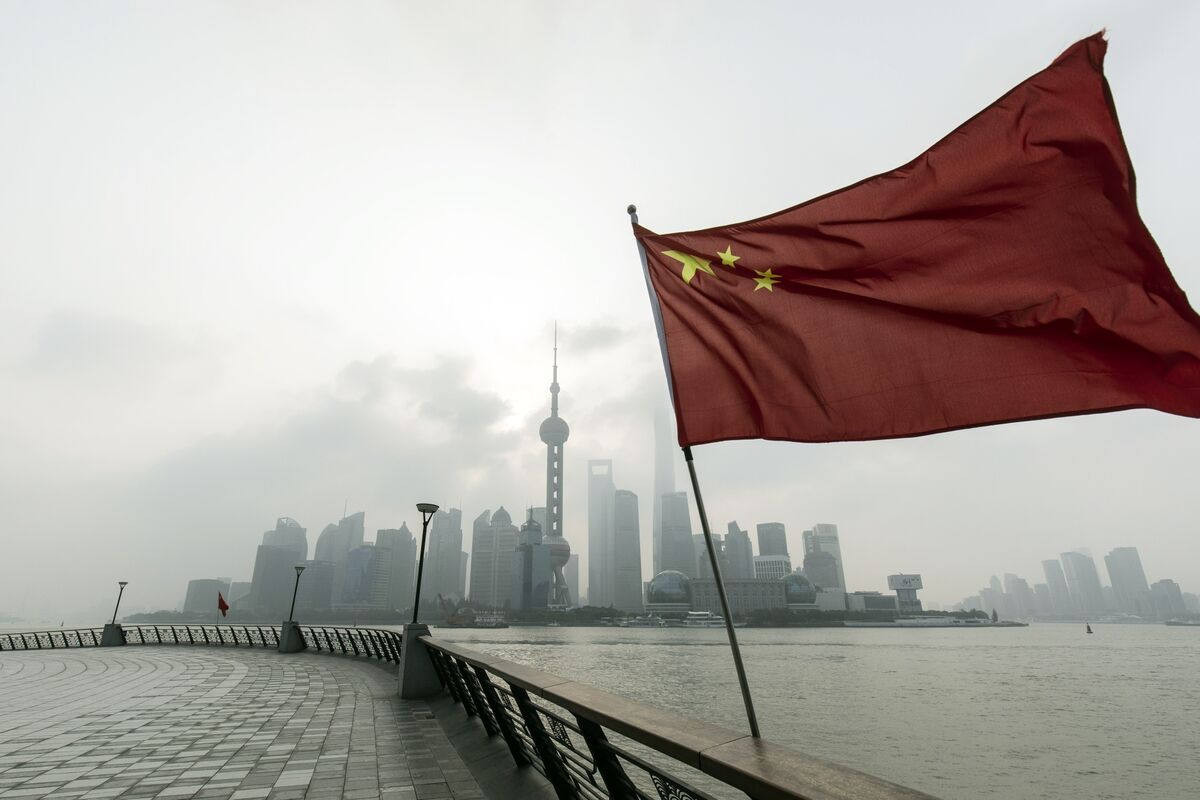beijingwalker
ELITE MEMBER

- Joined
- Nov 4, 2011
- Messages
- 65,195
- Reaction score
- -55
- Country
- Location
Europeans Reluctant to De-Risk From ‘Partner’ China,The majority of those surveyed view China as an “ally or necessary partner”
Survey Says
- Poll of 11 nations finds 46% view China as an ally or partner
- But 65% not happy with Chinese ownership of key infrastructure
June 8, 2023 at 11:23 AM GMT+8
Most Europeans consider China a key economic partner despite seeing limits to the relationship, according to a survey that comes as the bloc tries to find a safe way to engage with Beijing.
The majority of those surveyed — 46% — said they viewed China as an “ally or necessary partner” compared to just 35% who saw Beijing as a “rival or adversary,” according a European Council of Foreign Relations poll of 11 European Union countries.
On average, only about a quarter (23 percent) of Europeans would want their country to take America's side, the poll found.
Europeans still see China predominantly as "a necessary partner," even if 70 percent of respondents believe Russia and China are partners on the global stage.
At the same time, Russia is increasingly seen as an adversary or rival, a view held by some 64 percent of respondents, an increase from about a third of respondents when the same question was posed in a 2021 poll.
However, only 37 percent in Italy and 17 percent in Bulgaria think Russia is an adversary. A majority of respondents in Bulgaria (62 percent) and Hungary (59 percent) view Russia as an "ally" or "partner" of their country.
Many in Bulgaria (51 percent), Austria (36 percent), and Hungary (32 percent) would like their country to re-establish a fully cooperative relationship with Russia once the war is over.
Not China
Europeans' perception of China has remained surprisingly unchanged when compared with the results of the poll conducted in 2021."They do not see China as a power that challenges and wants to undermine Europe, and they do not buy into the 'democracy versus autocracy' framework promoted by the Biden administration," the report's writers, Jana Puglierin and Pawel Zerka of ECFR, note.
Germany, Sweden, France, and Denmark are the only countries where the prevailing view is to see China as a "rival" or an "adversary", rather than an "ally" or "partner".
Only about a fifth (22 percent) of Europeans consider Europe's trade and investment relationship with China as being more risky than beneficial.
However, 41 percent of respondents on average would be ready to sanction Beijing if it delivered weapons to Moscow, even if that meant seriously damaging Western economies. A minority of 33 percent, on average, would oppose this.
Respondents in Austria (45 percent), Hungary (44 percent), Italy (42 percent), Bulgaria (39 percent), and Germany (38 percent) were most likely to oppose such sanctions.
But European seem to know the risks too. Many Europeans oppose the idea of Chinese ownership of key infrastructure, such as bridges or ports (65 percent), tech companies (52 percent), or newspapers (58 percent) in Europe.
With regards to the US, it's mostly seen as a necessary partner. But when asked what impact, if any, the re-election of Donald Trump would have on EU-US relations, a majority of respondents (56 percent) stated they would be "weaker".
It is not surprising that Europeans want to rely more on themselves for defence. Almost three-quarters (74 percent) believe that Europe cannot always rely on the US for its security, while only 8 percent say the US will always protect Europe.
"This could be a defining moment for the EU, and poses the question of whether it can reconcile differences of opinion within the bloc, and shift from its dependence on the United States to a position where it can strike its own policy positions," report co-author and senior fellow, Jana Puglierin, said.
Researchers suggest that leaders should communicate better the risks of Europe's interdependence on China and argue that excessive dependence on Chinese investment "will inhibit the EU's ability to speak out on human rights and democracy".
"If European leaders were to base their actions on the expectations of the public, they would fail to prepare for highly disruptive scenarios — with potentially devastating consequences for European security," the report's co-author and ECFR senior fellow, Pawel Zerka said.
"They should therefore enter into an active conversation with their publics to prepare them for various geopolitical scenarios and difficult decisions, and communicate the dangers of inaction," he added.

Europeans Reluctant to De-Risk From ‘Partner’ China, Survey Says
Most Europeans consider China a key economic partner despite seeing limits to the relationship, according to a survey that comes as the bloc tries to find a safe way to engage with Beijing.
